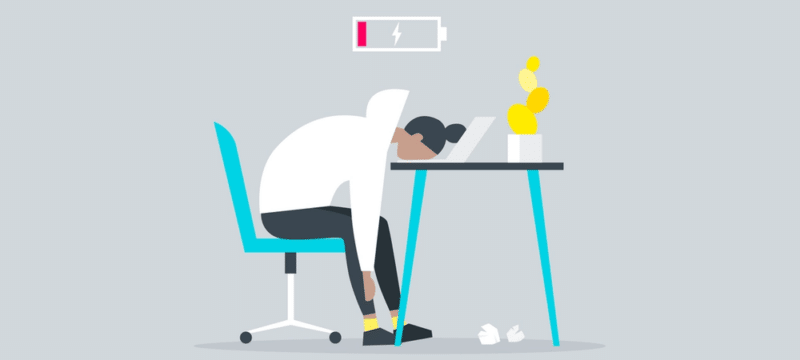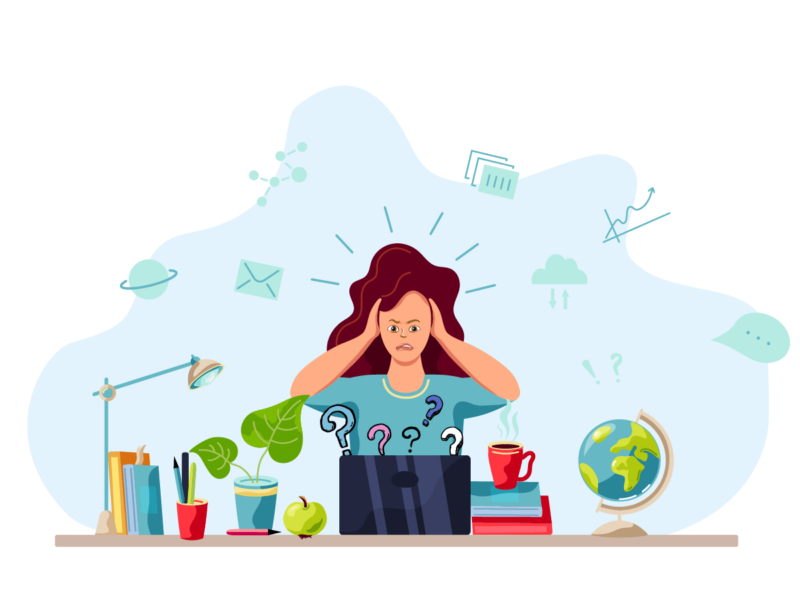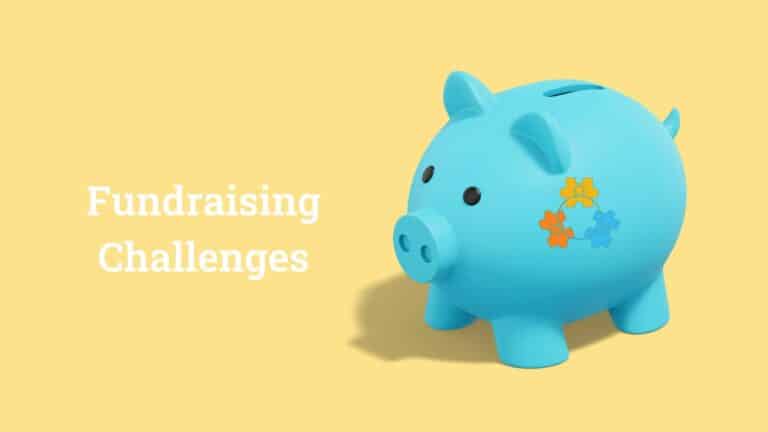
The post-holiday season should bring with it a sense of freshness and excitement to return to work. The winter break provides a much-needed chance to rest and recuperate for professionals working in charter schools and districts and the nonprofits that serve them.
Unfortunately, many return to work feeling their breaks were ineffective. They feel a sense of dread as they enter into the next stretch of the academic year still carrying fatigue and stress from the prior Fall.
American workers across all industries are not granted enough personal leave – or refuse to utilize it for a variety of reasons.
The Bureau of Labor Statistics (BLS) finds that the majority of American workers (76%) are given some kind of PTO in the range of 5-10 days per year.
While those working in the education sector typically receive more time off than the amount listed above, that doesn’t mean they use it all – or refrain from working while out on personal time.
Many workers reach the end of the year with unused vacation time, even if they are not compensated for it. According to one study, an estimated 50 percent of workers only use about half of the paid leave they are given – and that was pre-pandemic.
Despite the staffing shortages the pandemic has imposed on American education, leaders in schools and educational organizations need to provide adequate paid time off. This, however, iis not enough. In some cases, this is the result of accumulated, extreme burnout. If an educational professional has been running themselves ragged for years on end, it will take more than a brief pause to solve it.
These extreme cases of burnout are rare though. More commonly, the issue is that your teachers or staff members aren’t giving themselves permission to unwind during their time off.
Why Time Off Doesn’t Always Work
Time away from work isn’t automatically nourishing. For many, the mental stress they experience on the job follows them into their vacations.
This is especially true of educators and educational professionals. People in this sector care deeply about students, and while this is great, it can make it hard for them to effectively let go and refresh themselves.
Teachers are used to grading papers at home. Administrative staff carry their smartphones with them, meaning they are constantly aware of incoming emails and work-related notifications.
These things make it harder to separate work from the rest of life. As a result, many education professionals feel a sense of anxiety, like they’re “on the clock”, even when they’re not.
When this anxiety is prevalent throughout their time off, it negates the stress-reducing benefits of a vacation.

How to Make Time Off Count
You want your staff to bring their best to their work. This can only happen when they’re allowed to truly unwind during their time off.
You can help by providing your staff with guidelines to follow during their time away.
For starters, recommend that they switch their emails to an “out of office” automated response. Encourage them to avoid checking and responding to work emails while they’re on break.
This will keep them from feeling the constant anxiety that comes with carrying a smartphone. They won’t feel the need to be available, allowing them to focus on self-care.
In addition to this, you can help your staff get more out of their time off by providing them ample time to plan prior to their vacations.
Teachers need to have their curricula ready, and administrative staff need time to complete essential duties. When they don’t have time for this during the regular school term, they wind up taking these duties home with them.
Program directors and fundraisers at educational nonprofits and organizations often do not enjoy the relative downtime that some public school employees can take advantage of when school is not in session.
Make time for your staff to plan for future work projects, and explicitly tell them not to worry about work during their time away.
Having your permission to relax will go a long way towards helping your staff reduce their stress and get the most out of their time off.
Stronger Consulting knows how important time away from work is for a healthy workplace. By ensuring your employees have ample time off, use it, and get the maximum benefit from vacations, educational leaders can encourage self-care and build rapport.
Your workplace depends on healthy professionals and staff to operate efficiently. While work pressures and the current health crisis has forced us to work more and fill in for sick colleagues, working while on vacation should not be our default mode:
- Support your employees and their time off by encouraging them to use it and “unplug while at home.”
- Encouraging workers to truly disconnect from work during their time off will demonstrate your investment in them and their health
- Creating a healthier workforce is not only the moral thing to do; schools and districts will enjoy less turnover and more efficiency from their employees
- Lead by example: those at the top of an institution can set an example by using their vacations and not working while they are on leave.




